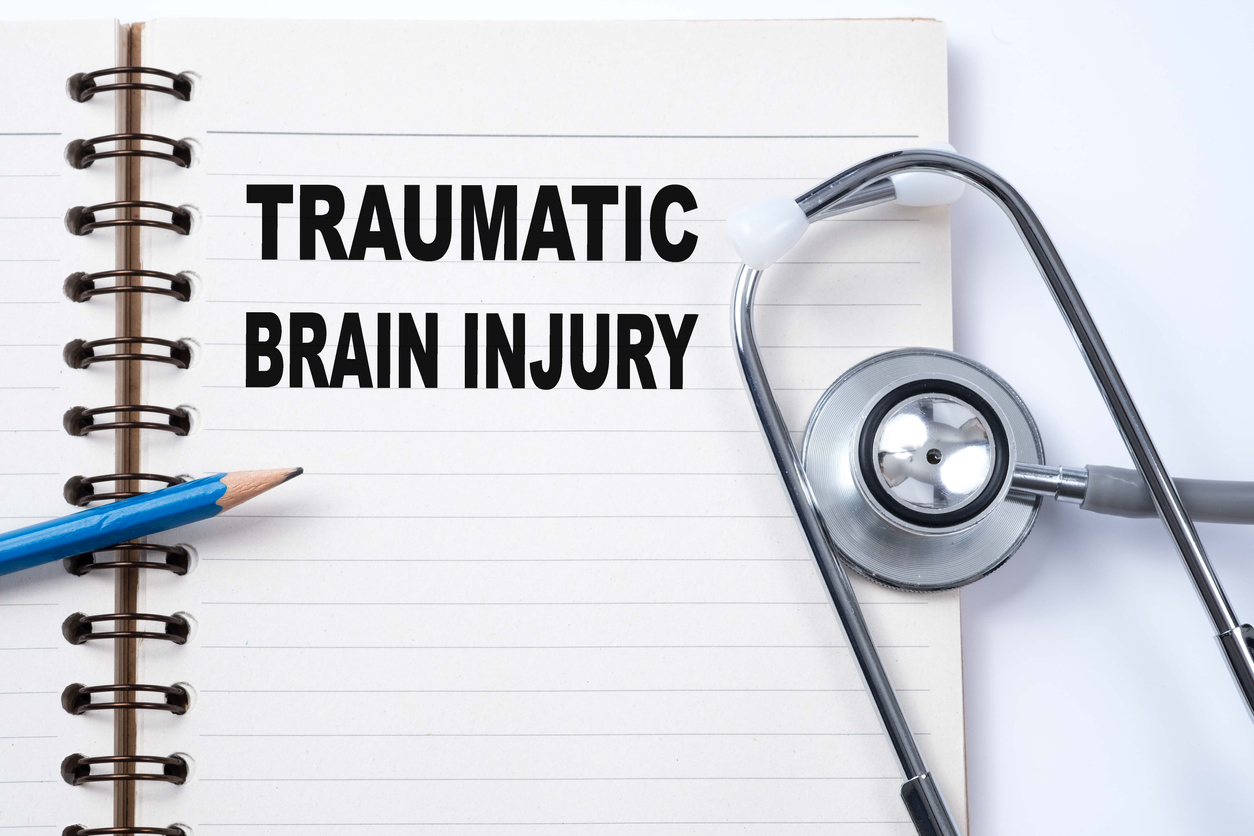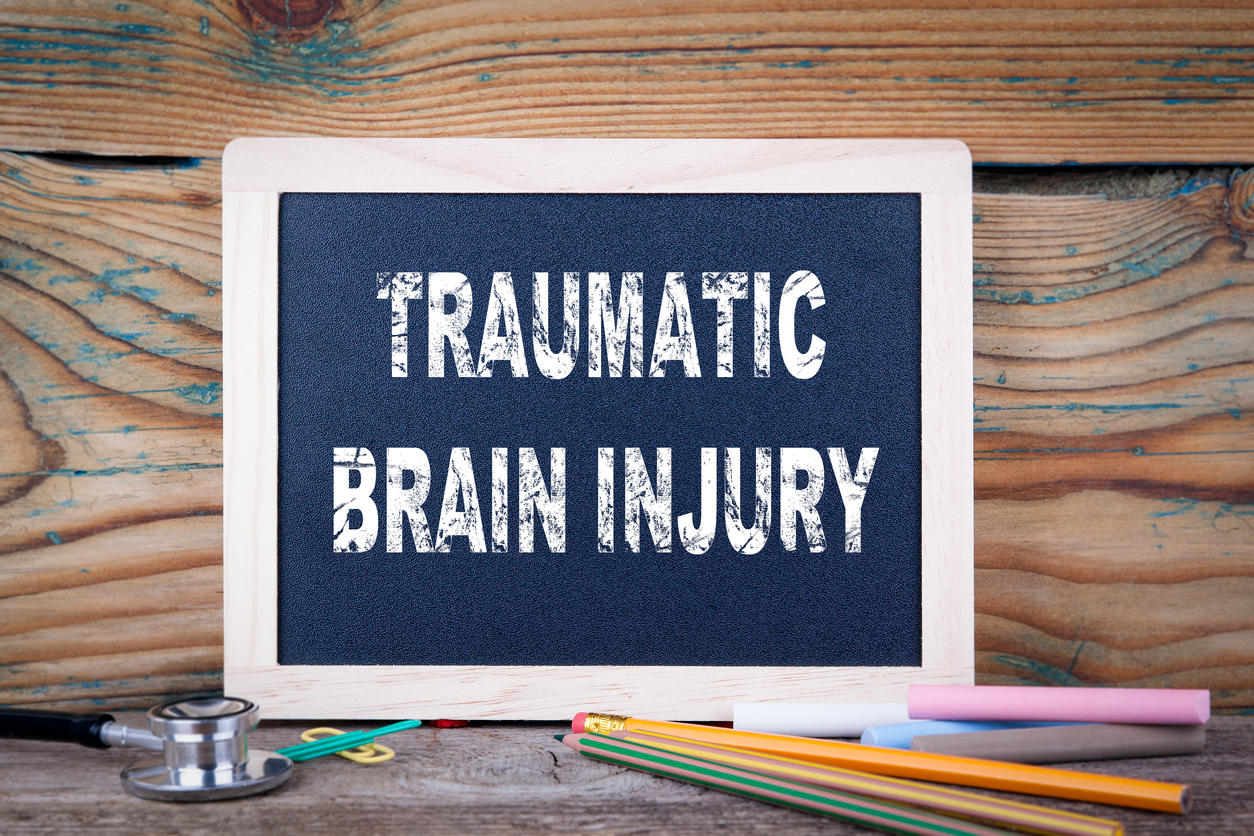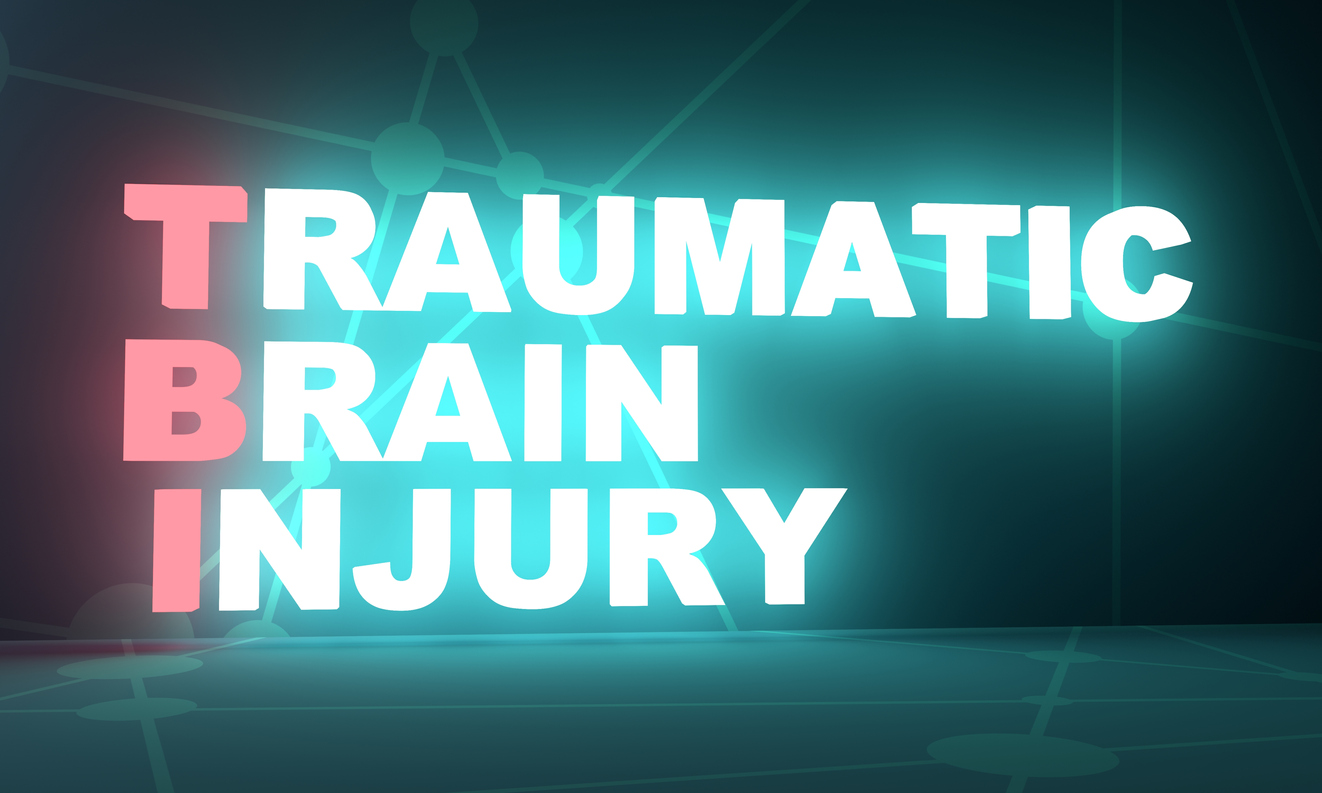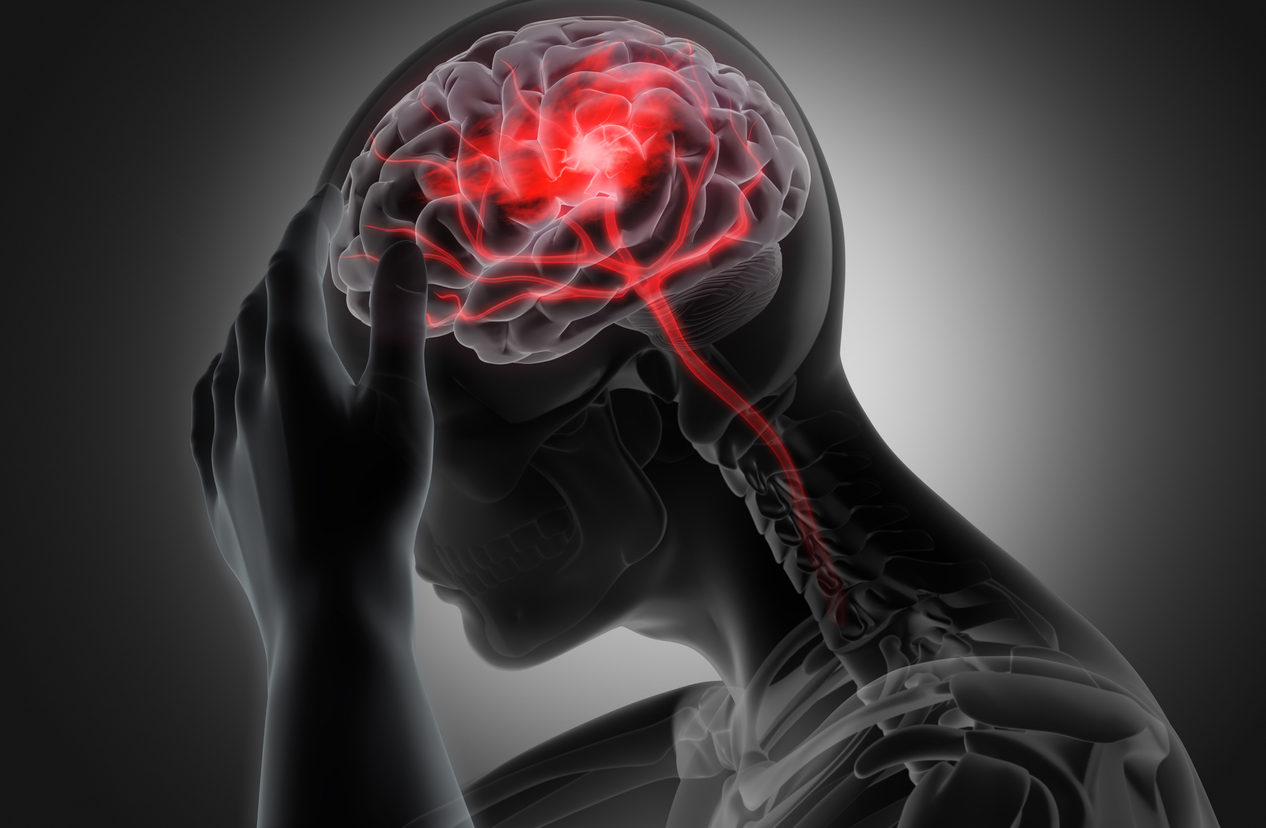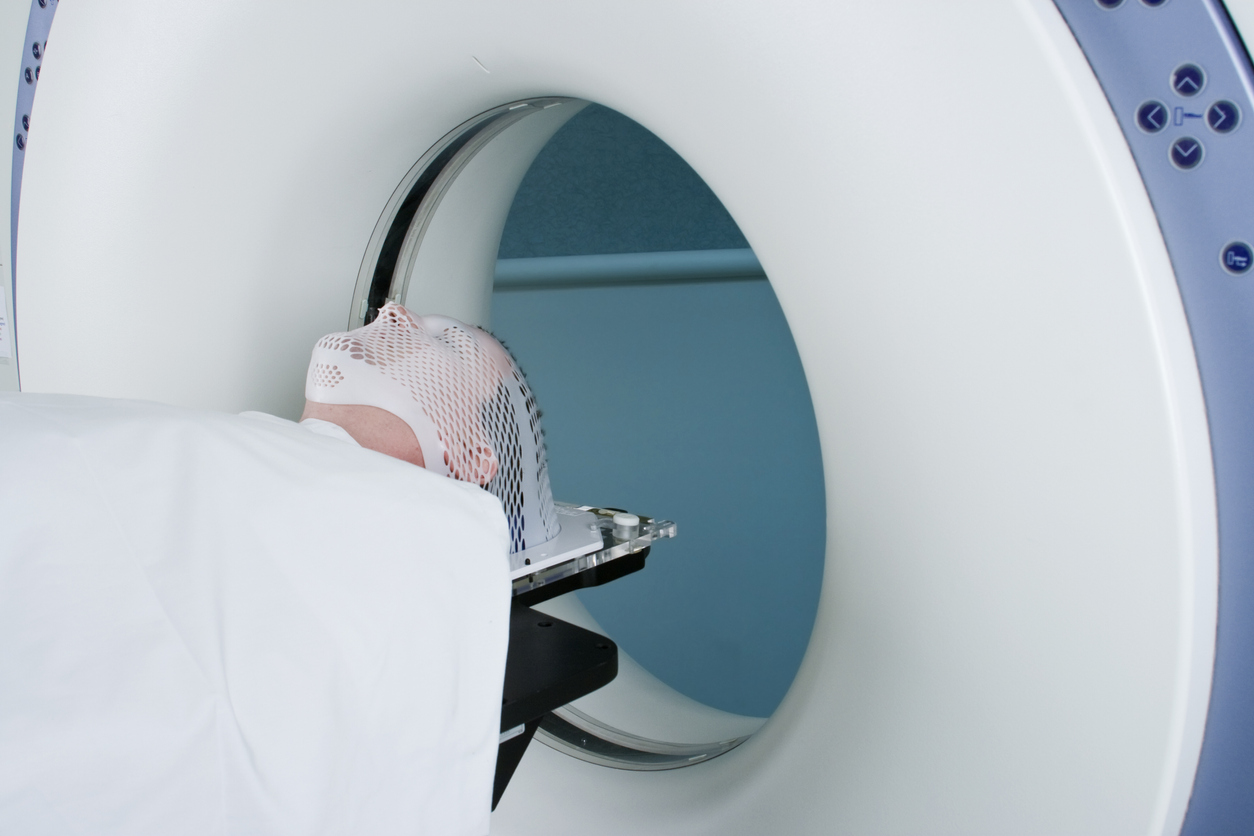Pain
What Happens to the Brain During the Early Stages of a Traumatic Brain Injury?
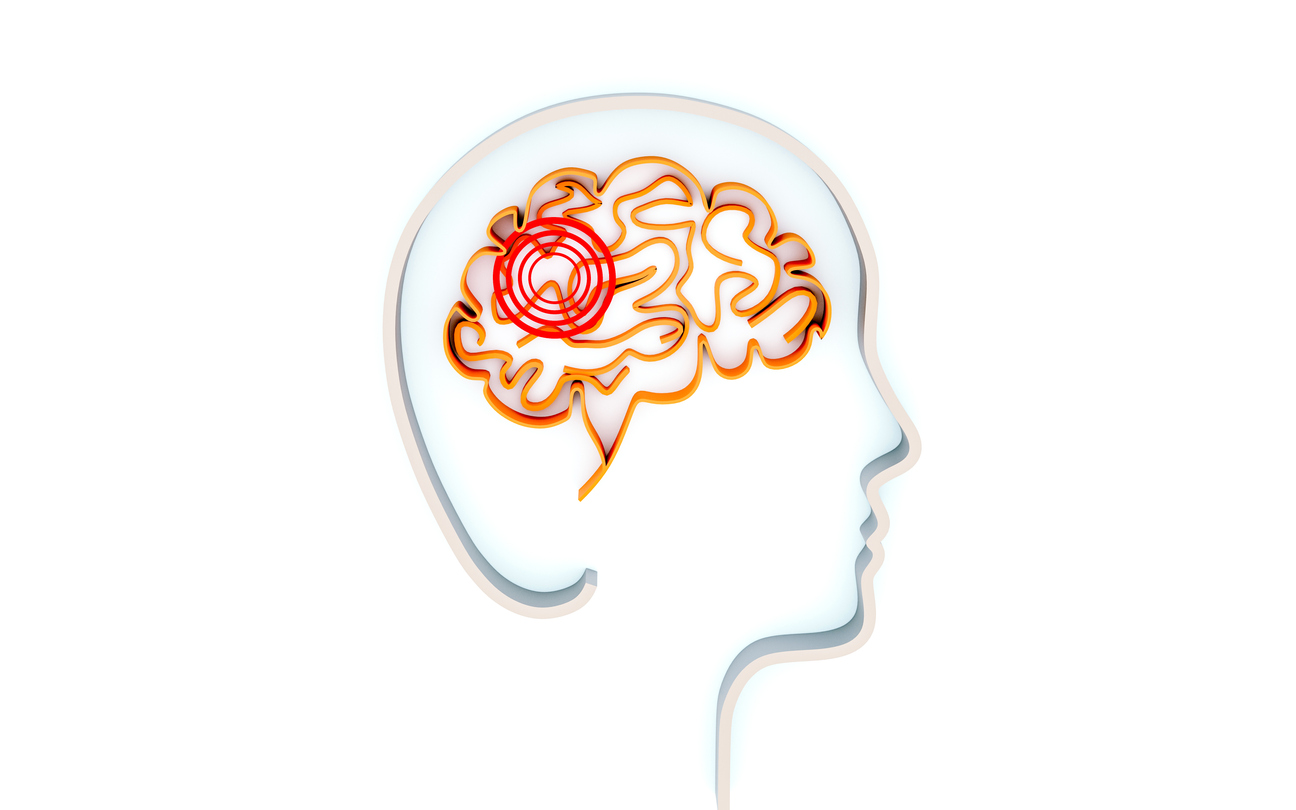
What is a traumatic brain injury?
A traumatic brain injury (TBI) is a type of brain damage that occurs as a result of an injury to the head. This type of injury may be non-penetrative, such as a blow to the head, or penetrative, such as a gunshot wound. The severity of a TBI depends on various factors, and the lasting effects can range from a few days to permanent brain damage or, in severe cases, death. A concussion is the most common type of traumatic brain injury.
The brain and a traumatic brain injury?
A traumatic brain injury (TBI) may cause damage to the brain, which can heal over time or may be permanent. The damage can be limited to one specific area of the brain or can be diffuse, covering a more widespread area of the brain.
Impact on the brain
The effects that a TBI has on the brain in the early stages following injury include, but are not limited to, the following:
- Bleeding in and around the brain due to a ruptured blood vessel
- Bruising of the brain
- Swelling of the brain, which can increase intracranial pressure and prevent proper blood flow and oxygen from reaching the brain
- Diffuse axonal injury (DAI), or damage to the brain’s white matter, which can prevent neurons from functioning correctly
- Disruption to the blood-brain barrier, which can allow substances that are harmful to the brain to enter it and negatively impact its cells
- Changes in brain chemistry
- Damage to nerves that emerge from the brain
Coma
During the early stages of a TBI, brain damage can have various consequences, depending on the severity. Some individuals may be in a coma, which is a state of disruption in the brain that prevents consciousness. Those who are in a coma do not respond to noises or visual stimulation and are impossible to wake.
Vegetative state
Some individuals may enter a vegetative state, or unresponsive wakefulness syndrome. In this stage, individuals may startle in response to noises or visual stimulation and produce involuntary movements. They may also experience sleep-wake cycles. When related to trauma, persistent vegetative state occurs if it lasts for at least 12 months.
Minimally conscious
The stage between a coma or unresponsive wakefulness syndrome and prominent recovery is known as the minimally conscious stage. In this stage, individuals are partially conscious. They may respond to commands or answer basic questions; however, the responses may be inconsistent.
Brain death
Unfortunately, the impact of a TBI on the brain can also result in brain death. This occurs when there is no measurable brain function. Brain death is irreversible.
Early detection and treatment of a traumatic brain injury is necessary to help minimize brain damage and develop a treatment plan.
Additional source: Model Systems Knowledge Translation Center
